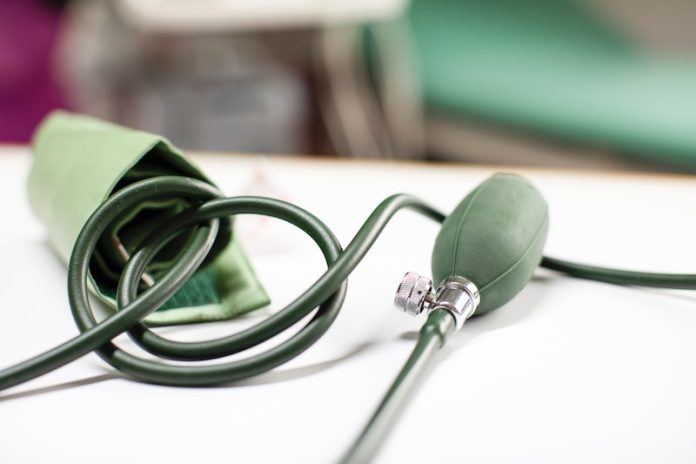
A recent study from the University of Exeter has found that blood pressure should be measured in both arms for a more accurate diagnosis and better management of hypertension.
The research team analyzed data from 53,172 participants from 23 different studies worldwide and found that adopting the higher arm blood pressure reading resulted in the reclassification of 12% of participants as having high blood pressure.
Current Practice Falls Short
While international guidelines suggest checking blood pressure in both arms, this practice is not widely followed in clinics.
The study demonstrated that using the higher arm reading as opposed to the lower one reclassified a significant number of participants’ systolic blood pressures above the diagnostic thresholds for hypertension.
This indicates that a large number of cases could be underdiagnosed and undertreated if only the lower reading arm is used.
Implications for Heart Disease
The research team also found that the higher arm blood pressure readings were better at predicting all-cause mortality, heart disease mortality, and heart disease events than the lower arm reading.
This emphasizes the importance of assessing both arms in diagnosing and managing high blood pressure and heart disease.
An Essential Step for Proper Treatment
The authors stated that it’s impossible to predict which arm will give a higher reading, as it varies from person to person.
Thus, checking both arms is critical to correctly detecting high blood pressure and providing the appropriate treatment.
This finding has implications for millions of people worldwide, who may be at risk of underestimation of heart disease risks due to inaccurate blood pressure readings.
Other Relevant Studies
For those interested in high blood pressure, other relevant studies include the potential of early time-restricted eating to improve blood pressure and the impact of added sugar in your diet on blood pressure levels.
There is also research on an effective treatment for resistant high blood pressure and the potential for vitamin B to help reduce drug-resistant high blood pressure.
The study, conducted by Dr. Christopher Clark and his team, was published in the journal Hypertension.
If you care about health, please read studies about dairy foods linked to liver cancer, and vitamin D could help prevent non-alcoholic fatty liver disease.
For more information about blood pressure, please see recent studies about unhealthy habits that could increase high blood pressure risk, and results showing how to cut heart attack risk by half in people with high blood pressure.
Copyright © 2023 Knowridge Science Report. All rights reserved.



